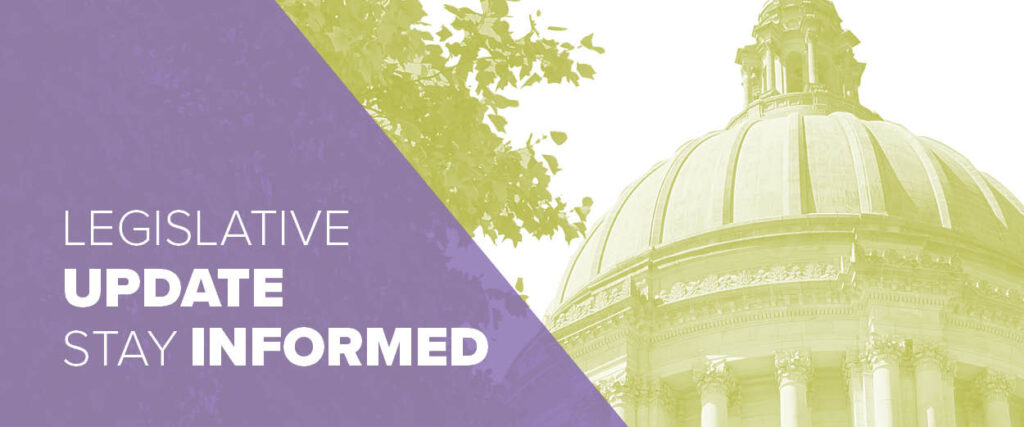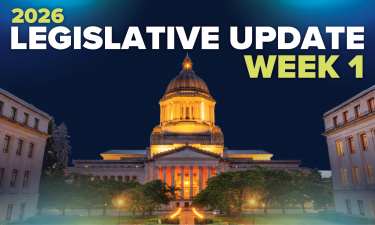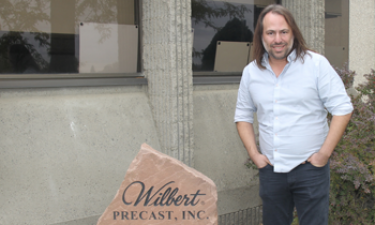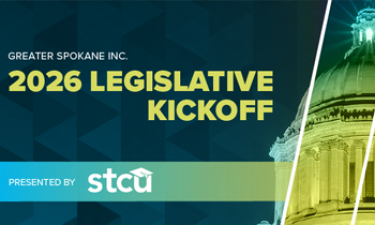By Jim Hedrick, GSI WA State Lobbyist and Spokane Regional Advocate

We’re into the second week and Legislative Democrats have rolled out several of their high-profile priorities including policies on nurse staffing, recycling, middle housing, a margins tax to replace the existing B&O tax, and a new wealth tax.

Tuesday, Senate Law & Justice Committee Chair Senator Manka Dhingra (D-45) announced she would not be giving a committee hearing to a bill addressing vehicular police pursuits. Dhingra said she “has not seen any data correlating crime to the vehicular pursuit ban and the 2021 law limiting police pursuits was passed when crimes were already on the rise, … the “increase in crime occurred nationally, regardless of laws that people have passed.” Fellow Democrat Senator John Lovick (D-44), a former Washington State Patrol Sargent and Snohomish County Sheriff has introduced SB 5352 which would change the evidentiary standard for officers to pursue suspects from “probable cause” to “reasonable suspicion” and additional mandatory conditions on pursuits that include communication with a commanding officer. SB 5352 has bipartisan cosponsors and is awaiting action in Dhingra’s Law & Justice Committee.
House and Senate Transportation Committees received hours of public testimony on Governor Inslee’s proposed Transportation budget. The governor’s proposal has taken sharp criticism from around the state for the “delays” of several major highway projects including US 2 and State Route 522 in Snohomish County, State Route 18 connecting I-90 with I-5 in King County, US 395 the North Spokane Corridor, and State Route 167 the Gateway project in Pierce County. The governor’s office has fired back stating the no gas tax, no bonds, all federal and state cash “Move Ahead Washington” plan passed by the legislature last March “front-loaded” the money and there are not the throughputs in workforce or at the Department of Transportation (WSDOT) to realistically do all those major projects on the timeline prescribed by the legislature. It is expected the legislature will develop its own transportation budget sequencing which will need to look different given the inflationary costs of highway construction. The House and Senate are expected to release a budget sometime in late March.
The Senate Labor & Commerce Committee heard SB 5236 (Robinson, D-38), bringing out a huge number of participants in the legislative process. 3,015 people signed in not wishing to testify on this bill that directs the Department of Labor and Industries to set staffing standards for health care workers, and specifically, set minimum nurse-to-patient ratios. Unlike a bill from 2022, this proposal does not set the standards but has the state develop them over the next two years with input from stakeholders. The bill is supported by labor and is opposed by the Washington State Hospital Association.
The WRAP Act, SB 5154 (Rolfes, D-23), was heard this week, as was its companion HB 1131 (Berry, D-36). This is the latest in a series of bills over the past few years that attempts to overhaul the recycling system in Washington. This proposal implements an extended producer responsibility (EPR) program for packaging and printed paper and establishes minimum post-consumer recycled content requirements on single-use consumer products. The bill also authorizes the establishment of an Oregon-style bottle deposit return system. If passed, consumers will pay a 10-cent fee on beverage containers and then redeem the 10 cents at drop locations. The redemption is credited to the consumer’s online account and the funds can be redeemed for cash, put into a college savings account, or donated to nonprofits. The WRAP “bill” is supported by environmentalists and local governments and opposed by industries including waste collectors, grocery stores, and the hospitality industry.
Medium density, or “middle” housing took the stage this week with HB 1110 (Bateman, D-22), a bill that would force cities to allow more housing density in single-family neighborhoods. The bill effectively ends single-family zoning, something the state of Oregon did in 2019 and California did in 2021. Representative Andrew Barkis (R-2), the owner of a property management company, is the second sponsor of the bill, though no other Republicans signed onto it. The bill is supported with great enthusiasm by urbanists and builders, but legislators will face criticism from those who enjoy living in single-family zoning. 1,950 lobbyists and members of the public signed in on it.
Senator Noel Frame (D-36) and Representative My-Linh Thai (D-41) introduced a Wealth Tax bill this week at a news conference. The bills, HB 1473 and SB 5486, would create a property tax on the ownership of stocks, bonds, and other financial assets over $250 million. The revenue generated is dedicated to four funds – the Education Legacy Trust Fund, which is a dedicated funding source for early learning, K-12, and higher education; the Housing Trust Fund, which pays for the construction of affordable housing, and two new funds created in the bill: a Disabilities Care Trust account that will pay for services for Washingtonians with disabilities, and a Taxpayer Justice account, that will offer credits against taxes paid by low and middle-income families.
Check out our 2023 State Agenda and if you missed last week’s update, you can find it here. For more details about any of the bills in this article, visit the Washington State Legislature page to search by bill number. For more information contact Jake Mayson, Director of Public Policy.




